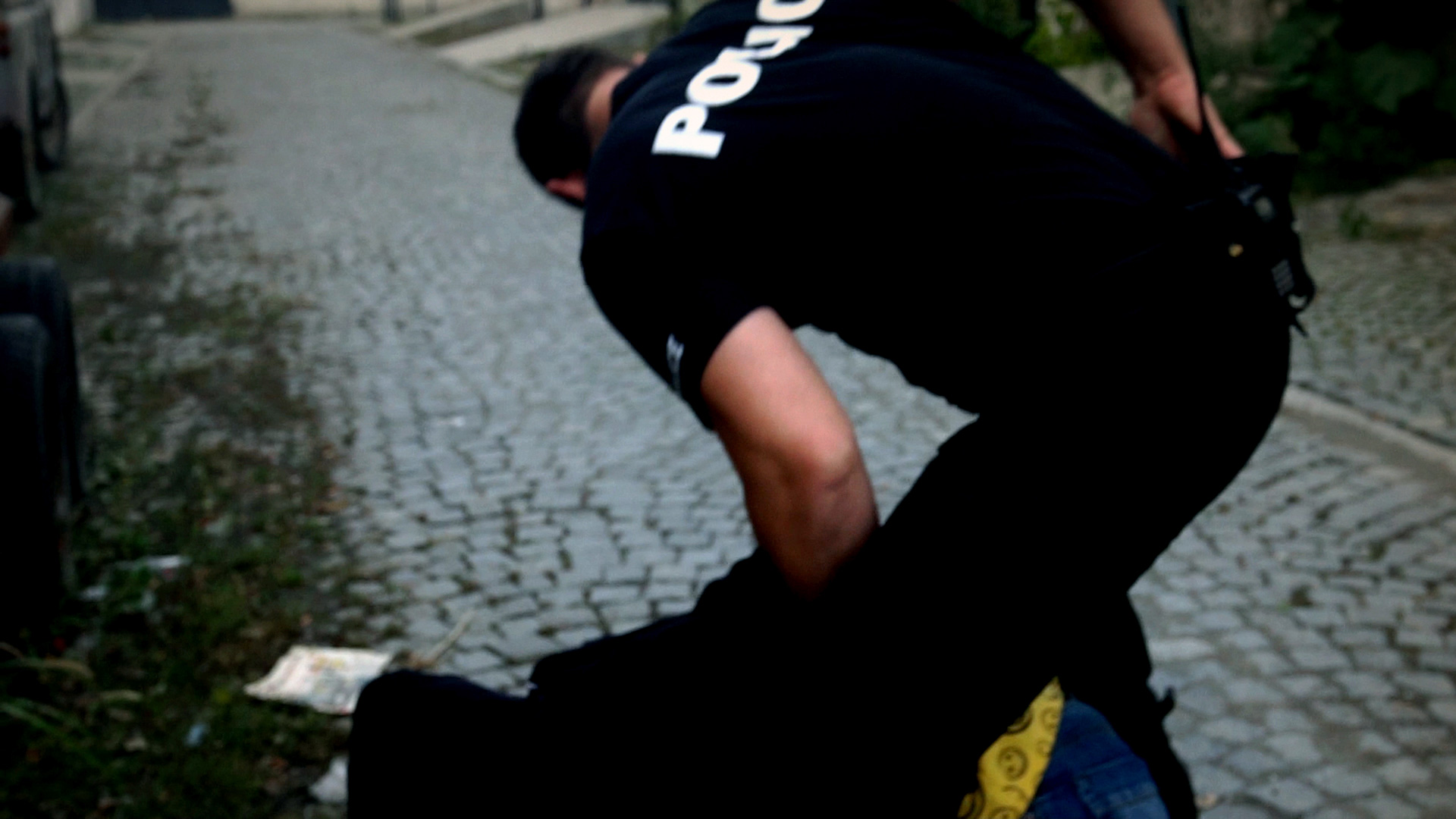[ad_1]

An appeals court recently upheld a New York City law banning police from using holds that put pressure on a person’s torso and may restrict breathing while making an arrest.
The five-judge panel of the appeals court in the state’s trial division reversed a previous ruling from a lower court that judged the law to be “unconstitutionally vague.”
The panel found that the judge was wrong to strike down the ruling, arguing that the law clearly explains what an officer can and cannot do.
“A trained police officer will be able to tell when the pressure he is exerting on a person’s chest or back, in the vicinity of the diaphragm, is making it hard for the person to breathe, just as a driver should be able to tell when the amount of alcohol he consumed is making it unsafe for him or her to drive,” the appellate court wrote in their decision.
The measure, referred to unofficially as the “diaphragm law,” was passed in the wake of the death of George Floyd in an attempt to limit the kinds of holds officers could use while making arrests.
The statute prohibited officers from using holds that compress the diaphragm during an arrest, an action that can impair a person’s breathing. It also banned the use of chokeholds.
A Manhattan judge ruled that the law was unconstitutional after police unions sued to block it last year. The city council then considered revising the measure following the lawsuit but failed to do so.
Following the latest appellate ruling, the city’s largest police union may press to bring the case to the state’s highest court of appeals.
Police Benevolent Association President Patrick Lynch said the ruling would weaken police efforts to hinder crime.
“[The ruling] deals a direct blow to our fight against the violence that is tearing our city apart. This ill-conceived law makes it virtually impossible for police officers to safely and legally take violent criminals into custody — the very job that New Yorkers are urgently asking us to do,” Lynch said in a statement.
The NYPD criticized the decision as well, saying that the Manhattan judge was “right to strike it down” because the law “went too far.”
Deputy Commissioner John Miller said NYPD officers are taught that positional asphyxia is always a danger when making arrests and trains officers to position suspects in a way that does not restrict breathing.
However, Miller did not agree with the appeal’s court ruling.
“Police officers should not be performing their duty under a constant fear of arrest and prosecution when making an arrest of a defendant who chooses to physically resist their efforts,” Miller told the AP.
[ad_2]




